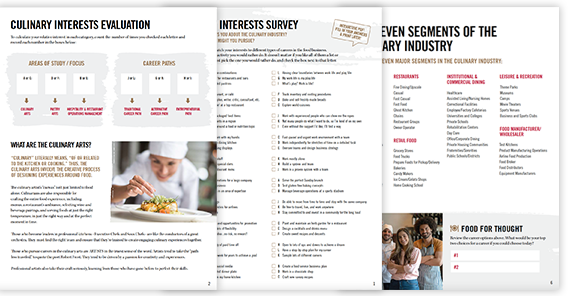Three Things To Avoid When Cooking Scrambled Eggs
For brunch and breakfast aficionados, the perfect scrambled egg is a culinary art that can’t be taken lightly. If you’ve found yourself uttering the phrase “I want to learn how to cook,” this is one of the first basic cooking skills you can work on. Before you take to the kitchen, have a look at these tips on what to avoid when making scrambled eggs:
– Don’t use high heat. According to Bon Appetit, patience is key for achieving that perfect, fluffy eggs. Scramble your eggs over medium-low heat, stirring often, until they reach your desired consistency.
– Don’t add milk, water or other liquids to your eggs. Instead of achieving the creamy texture you’re after, the added liquid will separate from the eggs during the cooking process and you will be left with overcooked, wet eggs.
– Don’t use sea salt or baking soda. According to Mr. Breakfast, these two ingredients that are commonly called for in recipes do not break down properly and can negatively affect the texture of your eggs. To avoid biting down on firmer dregs in your creamy eggs, try skipping the baking soda altogether and adding table salt before whisking.





Recent Comments